Surabaya, August 23, 2023 – PT AJINOMOTO INDONESIA (Ajinomoto) as one of the seasoning manufacturers in Indonesia, strives to be at the forefront of helping to preserve a sustainable environment for the future, by following the direction of the Indonesian government in practicing a circular economy and various activities that support the creation of Sustainable Development Goals (SDGs).
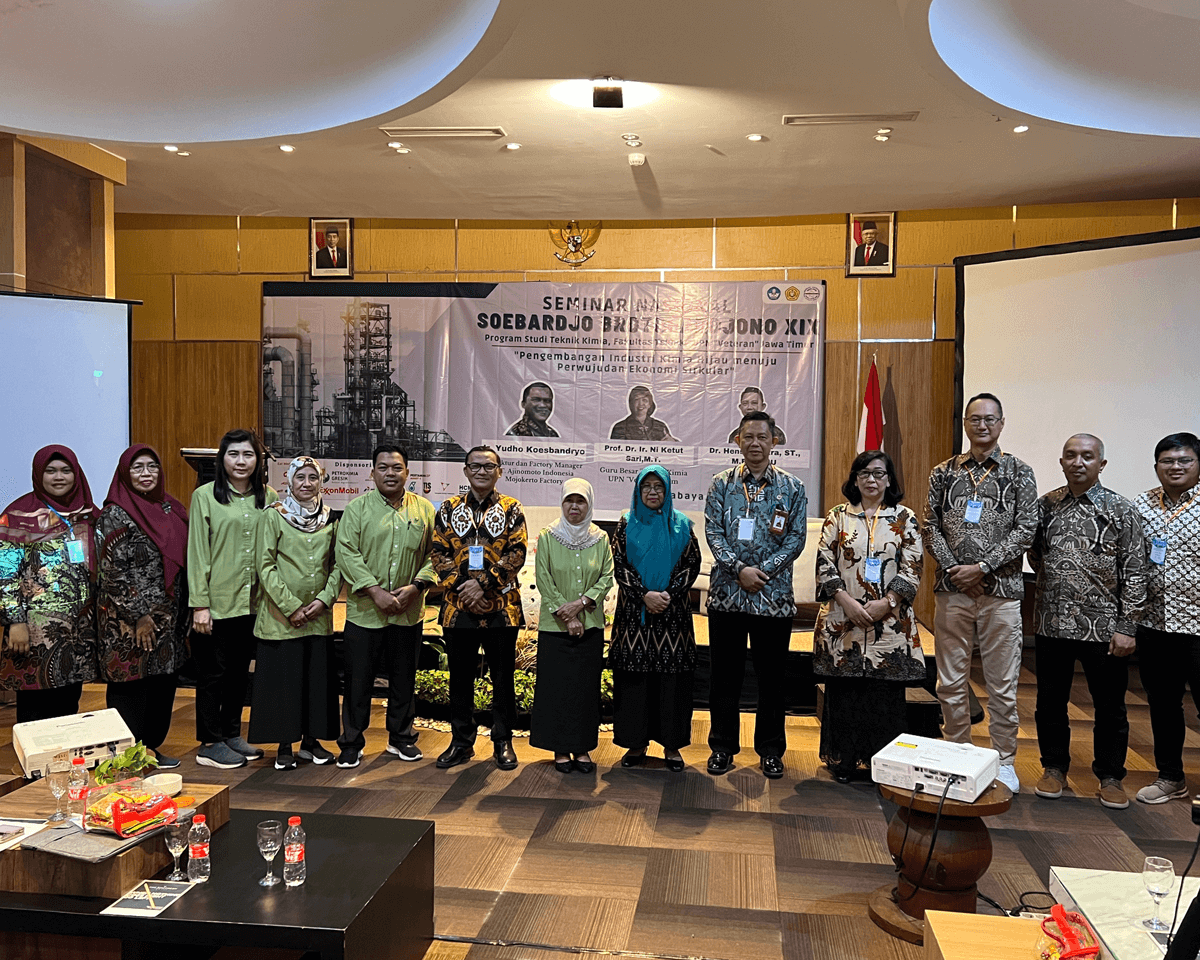
Aiming to disseminate knowledge about circular economic practices and various activities that support the creation of SDGs to students in related fields on a national scale, Ajinomoto through the concept of Health Provider for the Earth, collaborated with UPN Veteran East Java, Faculty of Chemical Engineering, held the Soebardjo Brotohardjono National Seminar XIX: 'Development of the Green Chemical Industry Towards the Realization of a Circular Economy' in a hybrid method (offline & online via Zoom Apps) which was attended by ± 220 students on Wednesday (9/08/2023).
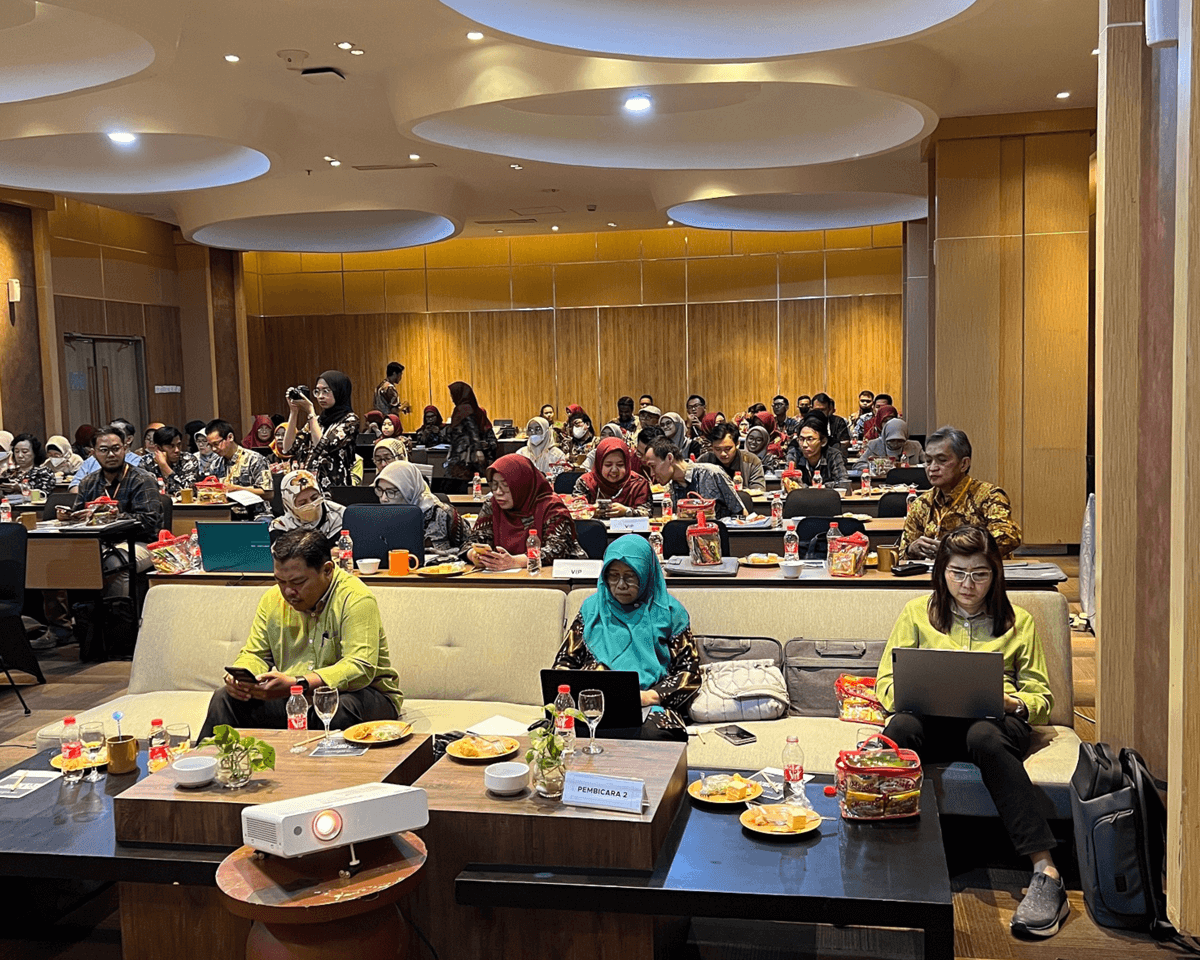
In this session, from the industrial sector, Ir. Yudho Koesbandryo, Director of PT AJINOMOTO INDONESIA, who explained all activities that support the creation of Sustainable Development Goals (SDGs) in the Ajinomoto Indonesia Group. The 2nd resource person from government institutions, attended by Dr. Ir. Hens Saputra, M.Eng., IPU, Head of the Manufacturing and Process Industry Technology Research Center, National Research & Innovation Agency (BRIN) who explained the role of process and manufacturing industry technology to support a circular economy. Then, the third speaker from academic sector, Prof. Dr. Ir. Ni Ketut Sari, Professor of Chemical Engineering, from UPN Veteran East Java Campus, who explained about the research being developed to support the development of the green chemical industry.
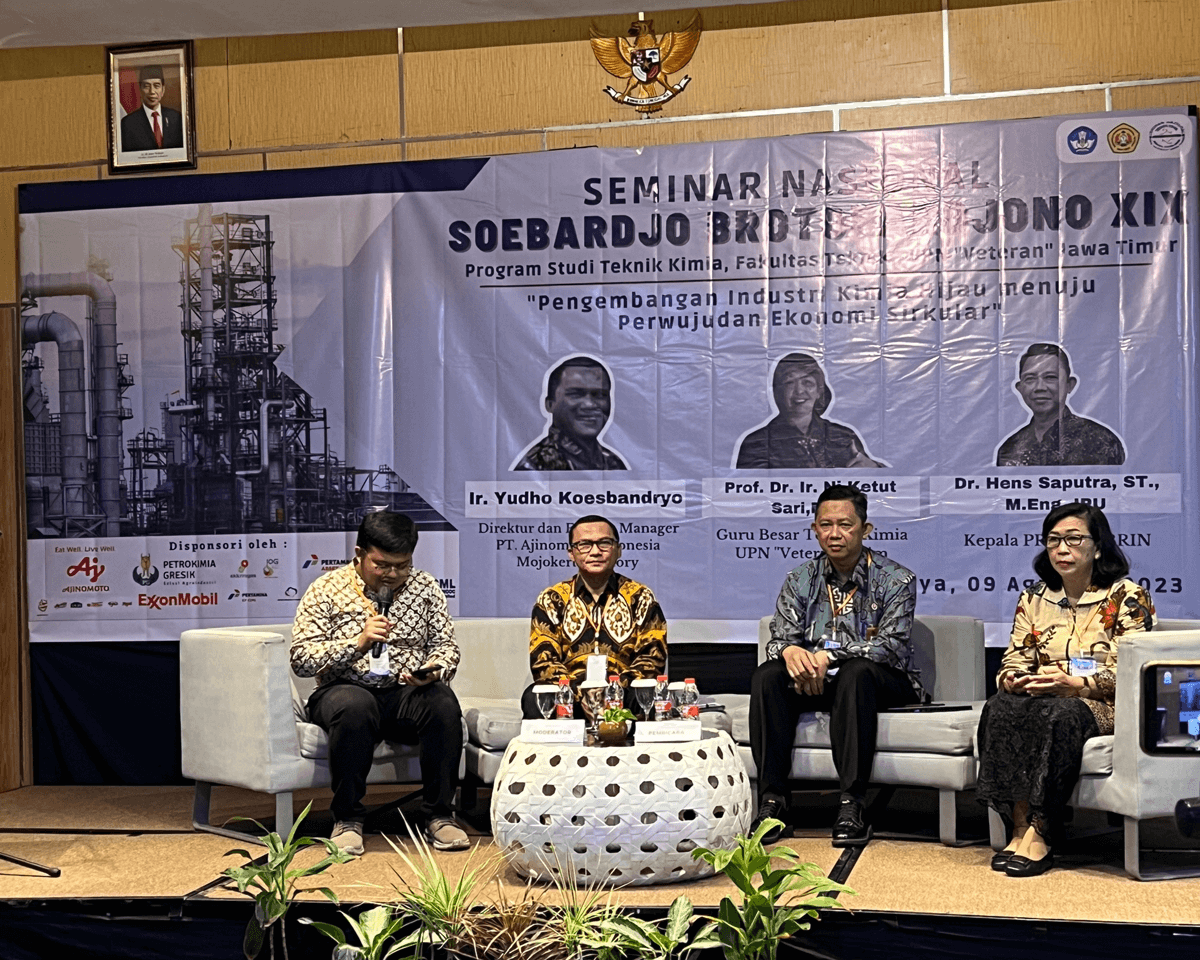
"Through Ajinomoto Share Value (ASV), we do circular economy practices and other activities that support the creation of SDGs in the field of environmental sustainability, the Ajinomoto Indonesia Group processes liquid and solid waste (waste) to produce by-products or co-products that have added value to society. Then, we have also succeeded in reducing carbon emissions, increasing the efficiency of using raw materials and water in the production process, reducing plastic materials in the Masako® Brand and innovating MSG AJI-NO-MOTO® paper packaging products, building joint waste management facilities (waste stations). Rekosystems, as well as efforts to use renewable energy such as solar panels, and plans to use biomass as an energy source that will slowly replace coal. For all these efforts, we received appreciation from the Ministry of Industry Indonesia by receiving the Green Industry Category Level 5 (highest) award," said Yudho.
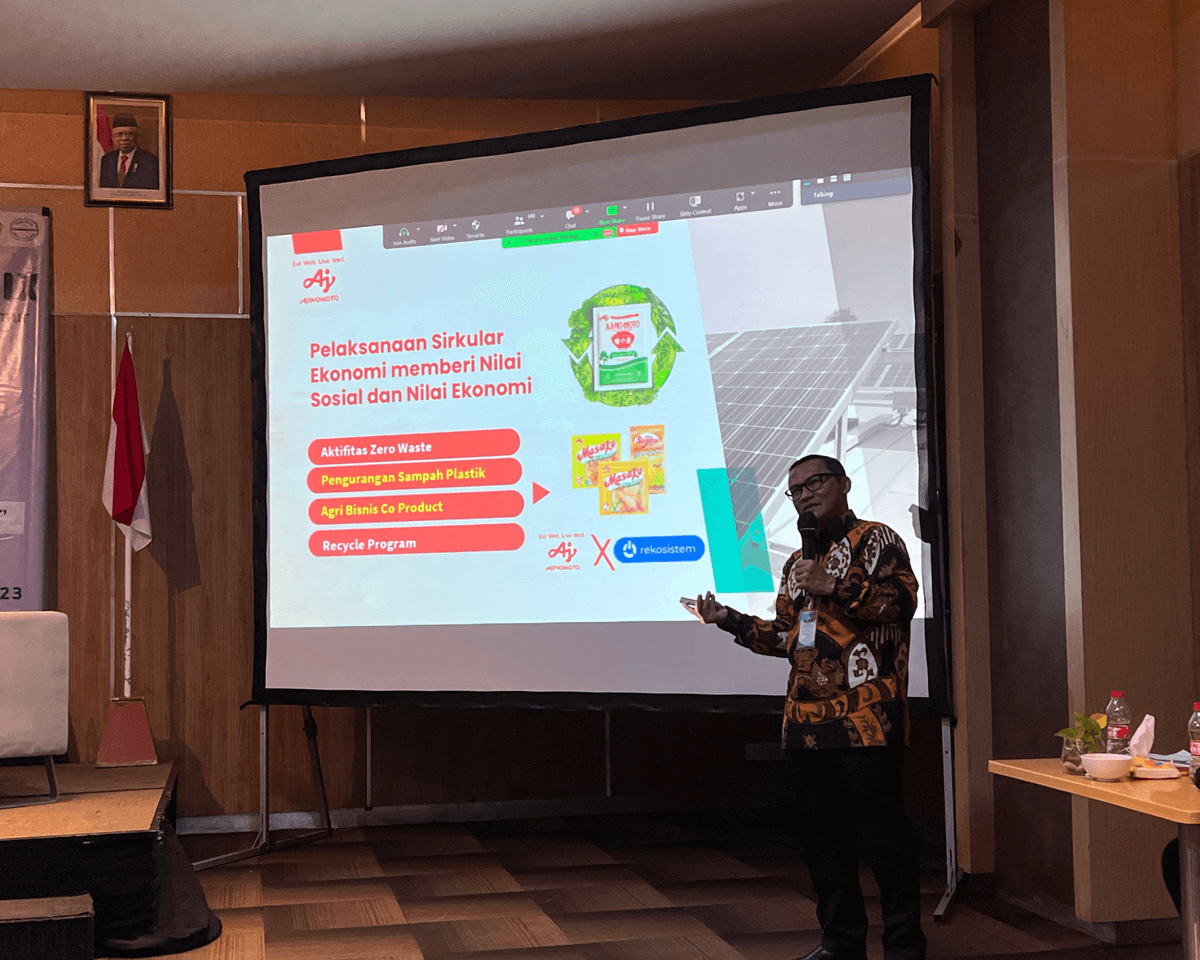
"Towards 2030, Ajinomoto Indonesia together with all affiliates from Ajinomoto Global around the world, have 2 big goals to achieve. The first is to extend the healthy life expectancy of 1 billion people worldwide and the second is to reduce the environmental impact of our business activities by up to 50%. To realize this big goal, the Ajinomoto Indonesia Group has transformed all of its employees into Health Providers. Health Provider Ajinomoto is equipped with knowledge related to nutrition, family health and also environmental sustainability which is not only for oneself but can also be shared with the wider family and community," he continued.
According to Dr. Ir. Hens Saputra, he happy to see developments in the industrial sector, especially Ajinomoto, who’s very concerned about aspects of the green industry.
"I see that in terms of process technology, Ajinomoto has developed a lot. It is proven that the 7 pillars (raw materials; water; products; greenhouse gas emissions; production processes; waste management; energy) in the development of the green industry are consistently carried out and there are progress on it, both for process technology and others, like there is efficiency in water usage, and even it's quite huge, if I look at the material presented by Mr. Yudho. Then there is also energy, product innovation that is more easily degradable, 30% is considered extraordinary, but this certainly needs to be improved in the future," said Dr. Ir. Hens Saputra.
"To be able to improve further, I think collaboration between the industrial sector and research and development institutions such as BRIN is needed, because at this time we provide open access to experts, and we also have facilities such as laboratories and other supporting equipment. Then it is also important for us to collaborate with universities or colleges, which have innovative ideas or ideas to improve the development of business activities in the industrial sector that are more environmentally friendly. Then, this will also help academics and researchers in the educational institution sector develop more," he continued.
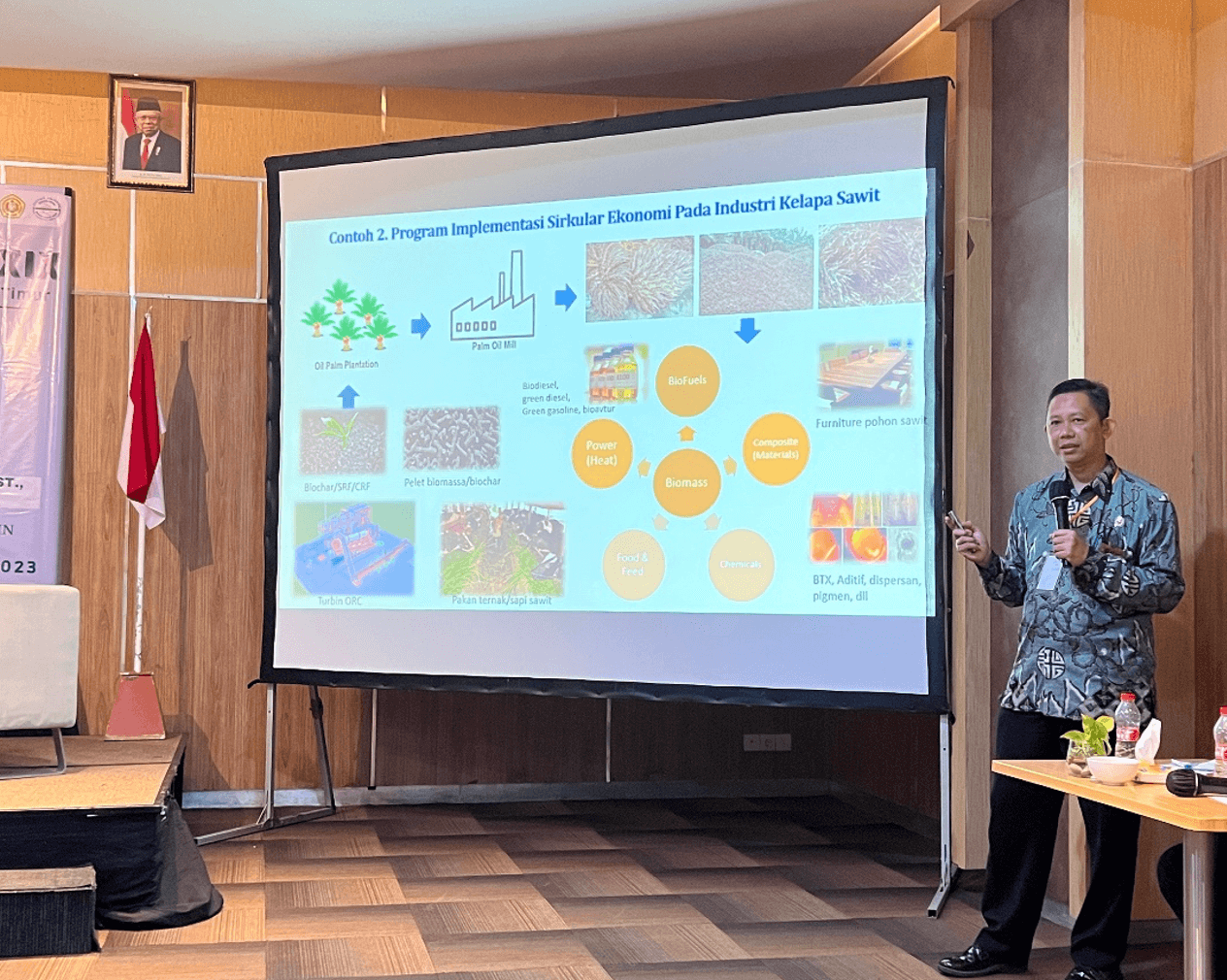
Through these, Ajinomoto and its Health Provider hope to inspire many parties to carry out other movements aimed for preserving Indonesia's environment, as well as inspire academics and researchers to carry out various innovations and develop environmentally friendly and sustainable activities through future research. Ajinomoto is committed to continue for creating positive contribution to society, by increasing the healthy life expectancy of Indonesian families through high quality products and services, as well as creating an environmentally friendly business.